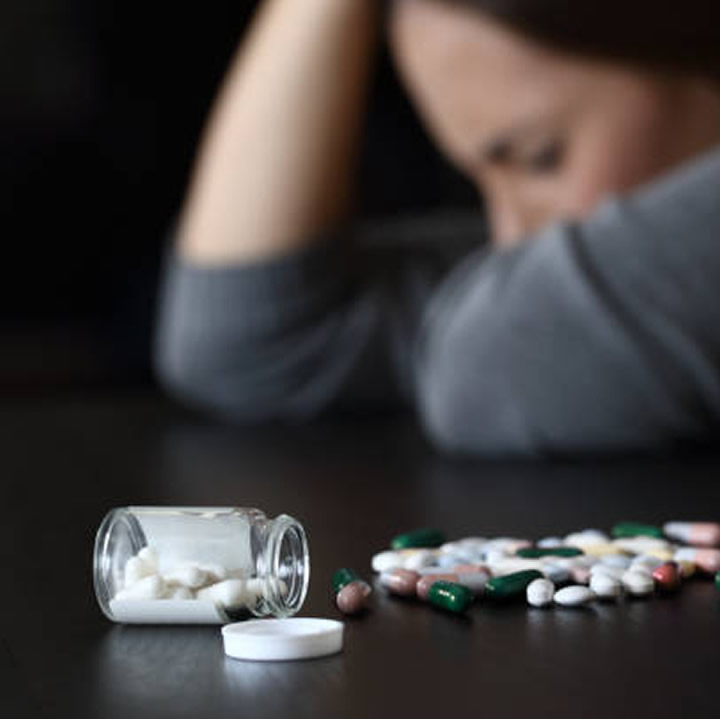Drug addiction is one of the most common causes of death worldwide. Addiction has various effects on health and almost always pushes patients to act contrary to what is right or lawful in their quest to satiate their drug craving. Luckily, this condition can be managed to prevent the addict from further repercussions of drug use.
When looking for a medical center to help with addiction, consider going to Partida Corona Medical Center, which specializes in evidence-based methods to provide relief to addicts.
Although addiction cannot be completely treated, some techniques can help manage it over time. This article will highlight the main treatments of substance abuse in a medical center.
Detoxification
This is the most sought-after method of treating substance abuse. It involves a gradual reduction of the amount of substance used under the supervision of a medical professional. When applying this method, the body is made to bear with a gradual decrease in the dosage and use intervals, making it easier to stop.
Since this method exposes the addict to substances they are trying to abstain from, it requires constant supervision from medical attendants in a recovery institution. Although this method can also be done at home, the unpredictability of different substances’ withdrawal effects makes it risky for the addict to relapse.
During detoxification, the functioning of the liver starts to be normal as it receives less substance to detoxify, making it a lot less overwhelmed than before.
Behavior Therapy
This is a type of therapy that tends to deal with the root cause of addiction. A medically certified psychiatrist or counselor will provide a scheduled talk with an addict to talk about the tendencies that lead to addiction. This talk can be either individually or in a family setting where the profession offers advice to the addict.
The professional can help the patient with the following:
- Develop ways to avoid drugs – The professional provides actionable steps and strategies to avoid substances and possible relapse.
- Helps the addict cope with a relapse – The professional will advise the addict on how to handle a relapse once they have failed to keep up with the recovery.
- Improves communication – The professional will enable the addict to communicate more efficiently about the state they are in, and when they include the family in the discussions, they allow the addict to be open to talking and listening as well.
- Advises on integration – When in behavioral therapy, the addict is exposed to issues to do with their career, court cases if any, and their family. The professionals help the addict integrate back to society effortlessly.
Medication-Assisted Therapies
This is a method of treating substance abuse using medicine to control cravings and the withdrawal effects of drug use. This method of treatment is incredible in achieving its main purpose of reducing the pain that accompanies withdrawal. Although it is proven to be effective, it must not be used alone but as part of your treatment plan. With the help of your physician, you will be able to structure a system that suits your addiction.
The medication-assisted treatments available include;
- Tobacco – Tobacco medications can include nicotine patches, lozenges, or gum which can help you in your detoxification and withdrawal.
- Alcohol – The FDA approved three alcohol medication-assisted treatment that uses acamprosate or naltrexone which help in improving the efficiency of your recovery.
- Opioids – Several opioids are approved by the FDA. These include Methadone and buprenorphine.
Self-Help Groups
Self-help groups are important in the recovery process. These groups include Narcotic Anonymous and Alcohol Anonymous are handy to allow addicts to talk about themselves. These groups act as judgment-free zones where an addict can reveal anything without feeling shame or prejudice that is common among people.
Groups also inform addicts of recovery stories and this allows them to understand that the journey to recovery has ups and lows as well. It creates a sense of community and ground to practice communication and social skills learned in behavioral therapy.
Benefits Of Staying Drug-Free
There are several reasons to be free from drug abuse addiction and back to a normal healthy state. Below are benefits that are experienced when you are drug-free.
- Better focus and memory performance
- Reduce heart attacks and cancer risk due to normal internal body parts functioning.
- Reduces weight and aging
- Improves your sleep quality
- Increases your mental health and self-confidence.
- Improves your social life and relationships
You must remember that recovery from drug addiction is not a walk in the park but requires work and persistence. Withdrawal symptoms can be severe, but you must never forget your goal and make consistent strides towards it.

